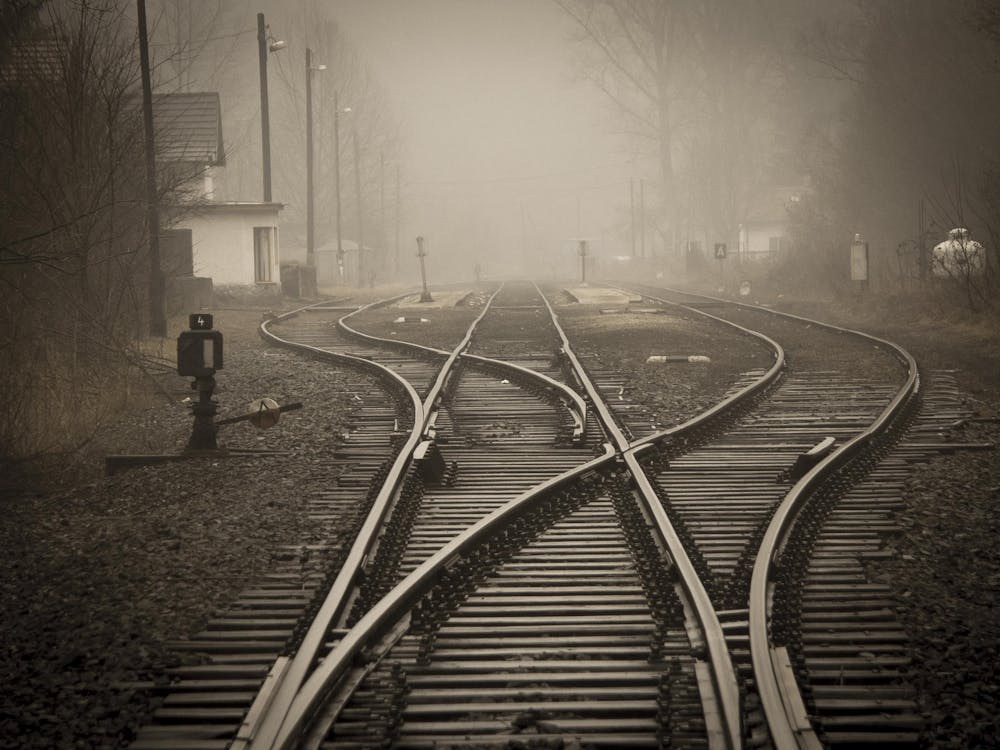François Laporte, President of Teamsters Canada, and Sean O’Brien, General President of the International Brotherhood of Teamsters, addressed the media following the issuance of a 72-hour strike notice to Canadian National Railway (CN).
The union leaders expressed their frustration with the government’s intervention, emphasizing their constitutional right to strike, which they argue is being undermined by the recent actions of the Canada Industrial Relations Board (CIRB). Laporte and O’Brien made it clear that the unions are prepared to take legal action, challenging the validity of Article 107, which they believe infringes on their members’ rights.
“We believe that the Supreme Court’s decision regarding our right to strike is a constitutional right,” Laporte stated firmly. “The application of Article 107 is not valid, and our legal advisors are currently exploring all options to defend this right.”
The 72-hour strike notice issued by the union is a direct response to what they perceive as an overreach by the federal government. Laporte pointed out that just two weeks ago, the CIRB ruled that the services provided by CN and Canadian Pacific Kansas City (CPKC) are not considered essential, a decision that should have precluded any forced arbitration or back-to-work legislation.
“The best way to have a contract is at the bargaining table,” Laporte continued, criticizing the government’s sudden shift in stance. “We don’t believe in letting a third party decide our working conditions. Both the unions and the companies understand the complexities of railway operations, and we are the ones best suited to negotiate a fair and honest agreement.”
Central to the union’s grievances are the demands from CN and CPKC for greater flexibility in work schedules, which the unions argue would severely impact the quality of life for their members. “These people are already working long hours and spending a lot of time away from their families,” Laporte explained. “The companies’ demands would break our Collective Agreement and are simply unacceptable.”
O’Brien echoed these sentiments, highlighting the sacrifices made by railway workers during the COVID-19 pandemic. “These workers were deemed heroes when the world needed them most,” O’Brien said. “They provided essential goods and services, often at great personal risk. Now, these same companies are trying to erode their rights and working conditions, despite making record profits.”
The potential strike has raised concerns about the broader economic impact, with some worried about disruptions to Canada’s supply chains again. Laporte acknowledged these concerns but stressed that the unions are not to blame for the current situation.
“A work stoppage will undoubtedly have an impact on the economy,” Laporte said. “But let’s be clear—this situation was created by the companies when they decided to lock us out. We didn’t choose this path, but we are prepared to see it through.”
O’Brien added that the unions are committed to standing together, even if it means significant challenges ahead. “We understand the consequences of a strike, but we also know the importance of sticking together. The Teamsters have never walked away from a fight, and we won’t start now.”
The unions are currently in discussions with the CIRB, awaiting a decision on the legality of the strike and the implications of the government’s directive. Both Laporte and O’Brien made it clear that they intend to continue the strike, exercising their rights within the legal framework.
“We will fight this within the law,” Laporte said, reaffirming their commitment to the cause. “The strike continues, and we will not be deterred by government pressure.”
As the situation unfolds, the unions remain focused on their goal: a fair and equitable agreement that respects the rights and contributions of their members. “This isn’t just about this round of bargaining,” Laporte concluded. “It’s about ensuring that the rights of workers are upheld now and in the future.”
The coming days will be critical in determining the outcome of this high-stakes labor dispute. With the potential for a national rail strike looming, the impact on Canada’s economy, the government’s role in labor disputes, and the future of collective bargaining in the country are all hanging in the balance. The Teamsters’ leadership has made it clear—they are prepared to stand firm in their fight for fair treatment, no matter the challenges ahead.

